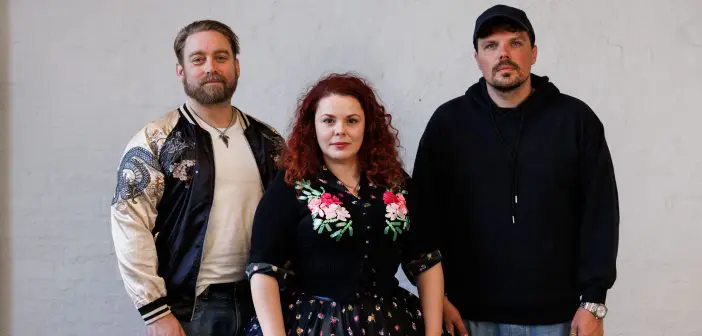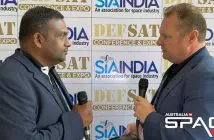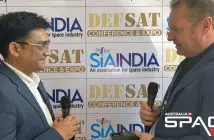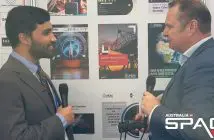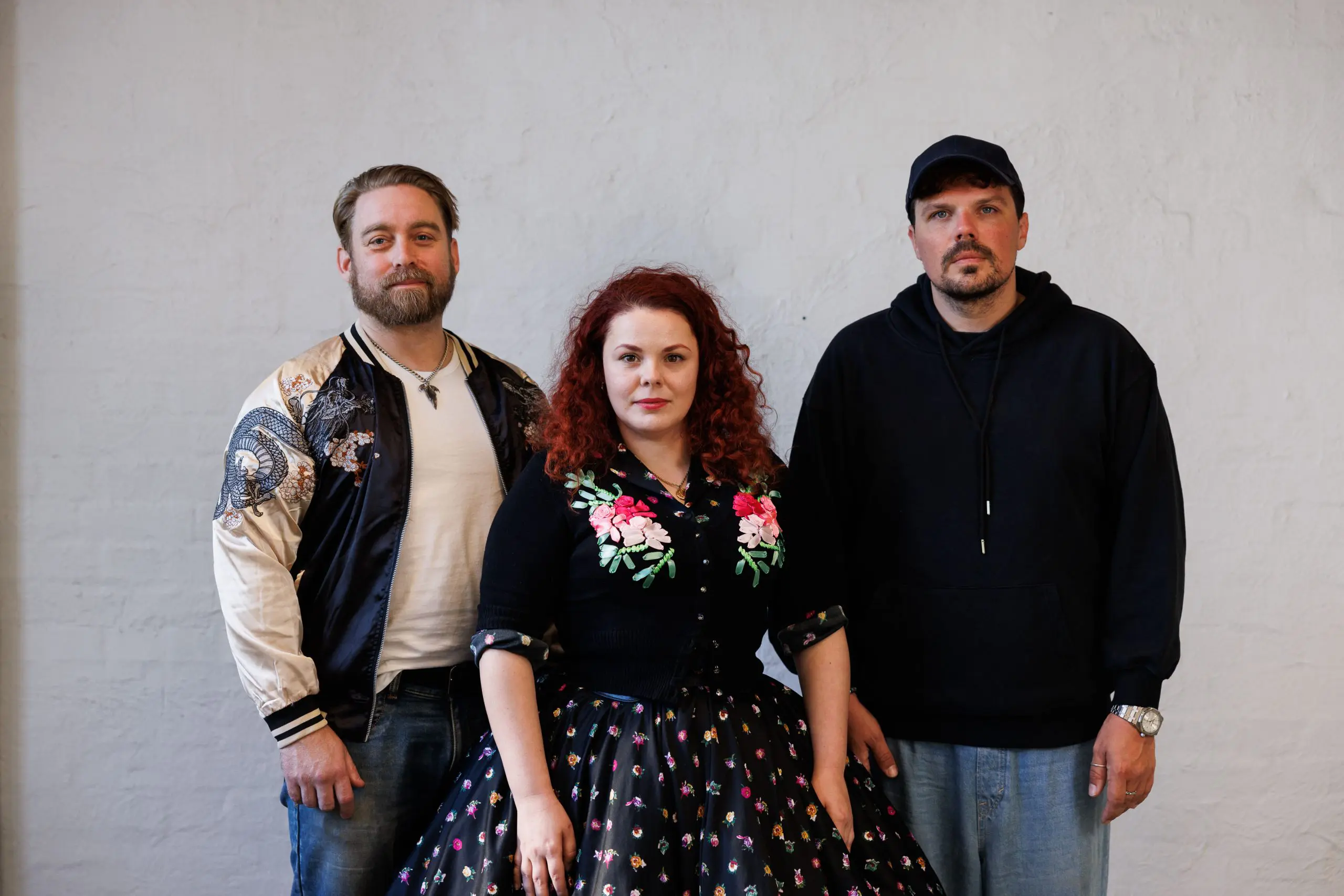
Four space starts have joined the University of South Australia’s Innovation & Collaboration Centre’s (ICC) commercial space accelerator program, Venture Catalyst Space.
Late last week, the university said KC Research & Solutions, RapidBeam, Zharfire, and Onnes Cryogenics had all signed up to the program. They join 36 startups the program has supported since 2018 and will build on a collective AUD31 million raised in additional declared investment and grants.
South Australia-based KC Research & Solutions is developing a desktop mobile insulin farm to streamline the production and storage of insulin at the point of need, including space. This reduces the cost, timeframes, and transport needs of traditional insulin production. Insulin may help address the health impacts of microgravity on astronauts.
Victoria-based RapidBeam is building a scalable network of satellite communications terminals to unlock the full commercial capabilities of satellites, allowing large amounts of data to be captured and delivered to the ground.
Japan-based Zharfire is leveraging satellite imagery to detect wildfires by processing public satellite data using an open-source data stack. This delivers analysis and actionable insights for firefighting, which could potentially extend into deforestation and carbon credits.
India-based Onnes Cryogenics wants to manufacture next-generation fuel tanks for spacecraft and launch vehicles made from carbon fibre reinforced plastic that is lighter and thinner than existing metallic tanks without compromising strength, also enabling mid-space satellite refuelling.
“Year on year, the program attracts talent that breaks the mould and reinforces South Australia’s acumen for supporting cutting-edge commercial space ventures,” said UniSA’s Craig Jones. “It’s a privilege to get behind these founders and watch as their early-stage concepts transform into viable commercial businesses.”
Venture Catalyst Space launched in 2018 to support the growth of South Australia’s space industry by providing early-stage technology-based space startups with the skills required to create a globally scalable enterprise. It is supported by funding from the South Australian Government through the South Australian Space Industry Centre.
South Australia’s Minister for Defence and Space Industries Stephen Mullighan says the Venture Catalyst Space program cultivates a steady influx of innovative space startups, contributing to continued growth in the state’s space economy.
“One of South Australia’s key priorities is to ensure a pipeline of startup and scaleup space companies with strong investment potential,” he said. “The Venture Catalyst Space program is generating genuine economic benefits for South Australia, helping realise the state’s potential as a space innovation and technology incubation destination.”

